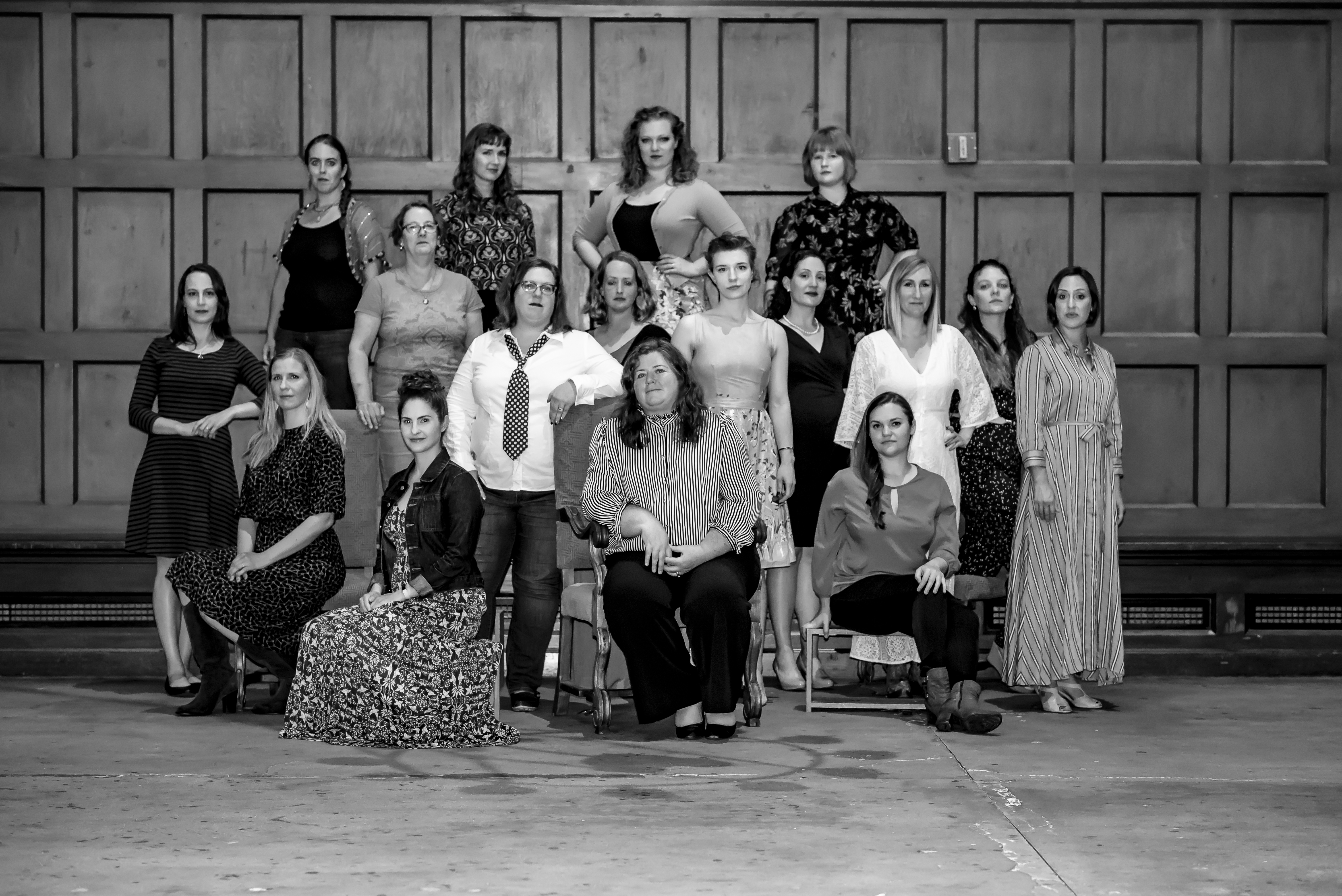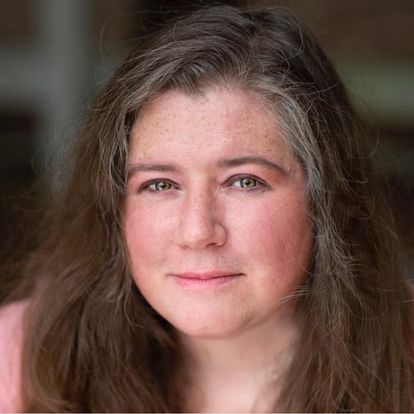Nature’s Song: Resistance Through Singing in the Baltic Region
Session Abstract: Culture holds the key to humanity and shares who we truly are. With the current conflict in Ukraine and past atrocities throughout the Baltic region, the focus on sustaining culture when all other things are being taken away and strengthening the community through song is vital.
When everything is stripped away, all possessions are destroyed and homes are gone, there can still be songs. These songs are what can allow a culture to survive even under the attack of the most violent regimes because songs are something within us. They are songs that are our true souls, the parts of us that make us human even in the most inhumane times. Folk songs and national poetry were used during these times to assist people in maintaining their cultural identity while conforming to the restrictions of the occupying government. The use of nature as a metaphor in these songs made them seem innocent to the outsider, while in reality, they represented the people and their longing for home, for connection and for peace.
This lecture concert will present history, stories and repertoire that introduce the audience to the importance of choral music in the Baltic region, the use of nature as a metaphor during times of censorship and the vital role that women played in the resistance movements. To begin, we will outline a short history of the Baltic States and the singing tradition with an introductory Lithuanian sutartinė folk song call and response. Focusing on how women were a part of the resistance, the composition “Div’ dūjiņas gaisā skrēja” (Two Doves Flying) by Latvian composer Laura Jēkabsone is “dedicated to the "Daughters of the Forest" – Latvian women who got involved in the partisan movement, which stood up against occupation and Soviet rule after the World War II. Living in inhuman circumstances for many years, in a state of constant fear, hiding and sacrificing themselves in the name of Freedom” (Jēkabsone). A newly commissioned work by Latvian-American composer Katherine Pukinskis, “The Mother Trees” also shares the deep connection of empowered women against adversity and the deep connection to nature in the Baltic cultures. Estonian composer Evelin Seppar’s “Maarduran” (The Beach of Maardu) with poetry by Estonian national poet Marie Under will share thoughts on distance and loss in times of struggle. To finish this concert, we will sing two of the traditional “unofficial” anthems from Lithuania and Estonia that were sung when the Soviet regime had banned the official songs and then close with the lively piece “Es par bēdu nebēdāju” (I did not dwell on my sorrow) by Latvian composer Laura Leontjeva.
The audience will learn about the importance of singing in resistance and cultural identity in the Baltic and how women were and still are an integral part of those elements. New and rarely heard pieces by women-identifying composers from the Baltic region will be presented to allow the audience to learn more about the music from this area.




